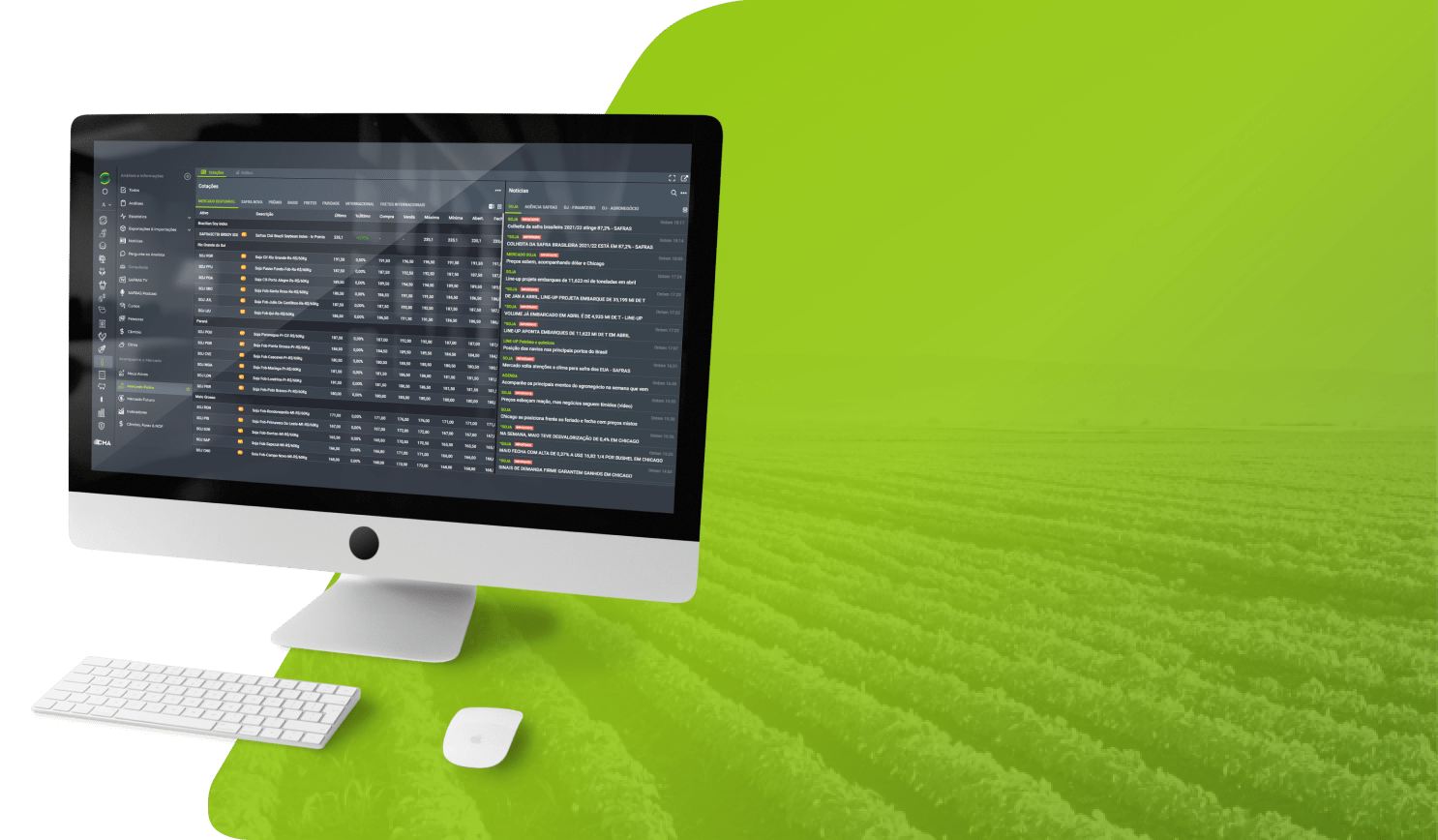With the support movement in regional prices, the import signal returns to the market. Indeed, advertisements on television, newspapers and websites do not solve the problem. What can help the market are effective purchases of corn in Argentina. At this point, some companies are absorbing close to 150 thousand tons that still exist in Paraguay. Almost half of this volume was purchased last week for the south of Brazil. There are few volumes left, and the price indication now is USD 215 CIF western Santa Catarina. Paraguay only has second crop and its supply will only begin to reach the market, in major volumes, from the end of June. But from July onwards the Brazilian second corn crop also reaches the market.
Therefore, the only alternative for importing volumes in this first semester is Argentina. Unfortunately, the lack of experience in market analysis puts information on the Brazilian market in a distorted way. Many believe that the taxes promoted by the Argentine government on local exports will inhibit sales or, even worse, that the taxes will be passed on to export prices. In fact, none of the alternatives is correct. Rates are domestic, and prices are set by the international market. Local producers will pay the taxes, not importers. So, Argentina now has FOB prices in line with international prices, neither much higher nor much lower. That is, nothing has changed. Argentina will have 48 million tons of corn and 53/55 million tons of soybeans, most of which will have to be exported, with or without additional taxes.





